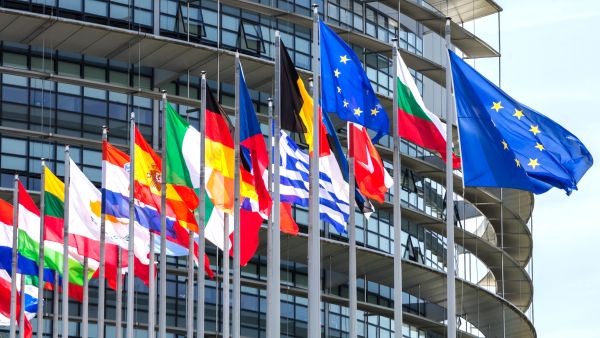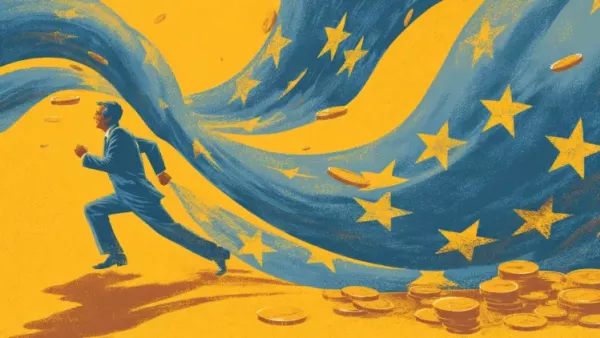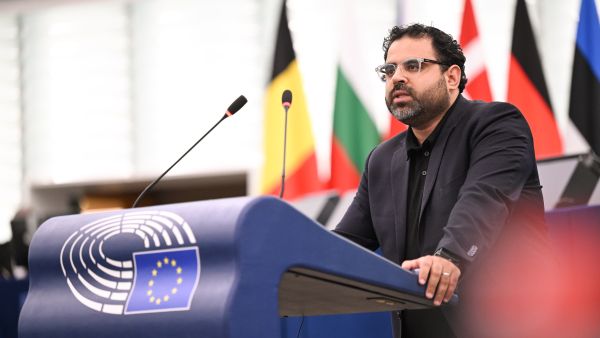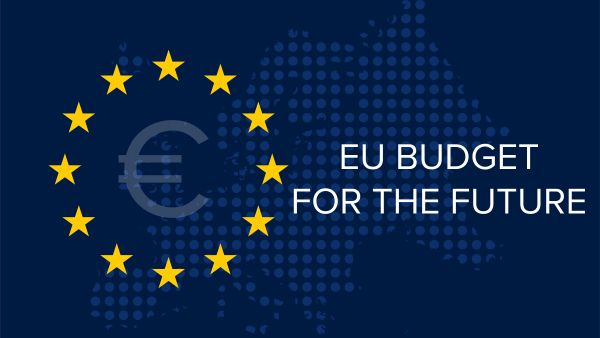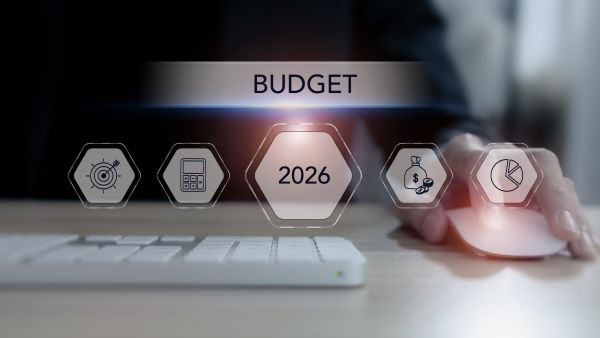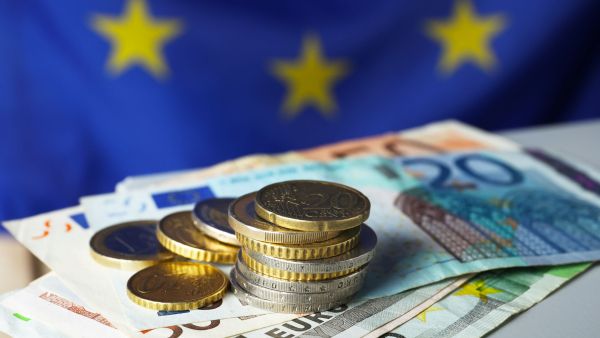Growth in the Euro zone should increase to 1.3% in 2015 and 1.6% in 2016 from 0.8% in 2014. Europe faces a long period of low growth, high unemployment, rising inequalities and a real risk of deflation if the economy is not stimulated by a strong investment plan and courageous monetary policies.
These are among the main findings of the independent Annual Growth Survey (iAGS) presented today in Brussels in the context of the Progressive Economy initiative of the Socialists and Democrats Group in the European Parliament.
According to the survey prepared by a group of leading independent economic institutes:*
"Powerful forces of divergences are being fed by the failure to quickly exit the crisis. The risk of long lasting stagnation is real."
The iAGS sets out a series of recommendations and discusses the need of a "green" investment plan at EU level. The experts propose a "carbon fiscal shock" to spur large-scale investment in energy efficiency that would drive the European economy out of the crisis and towards a low-carbon pathway.
They call for a compensation of the carbon price shock through a common European fund, so that companies and households' incomes are maintained, but used for low-carbon production and consumption.
"The European project of a prosperous and inclusive society is going to sink if we fail to rebound," stated the experts.
S&D Group vice-president responsible for economic and financial affairs, Maria João Rodrigues, stated:
"Europe faces economic stagnation with near-deflation and growing inequalities, but the European Commission’s Annual Growth Survey presented two weeks ago is failing to seriously tackle these problems.
"The independent Annual Growth Survey supported by the S&D Group shows what’s needed: a major increase in public investment; stronger unconventional monetary policies; wage increases in countries with high surpluses; and most of all active governments driven by a strategy of socially and environmentally sustainable development.
"We hope that the Commission and the Council will heed the iAGS analysis and recommendations when finalising the review of the Europe 2020 Strategy and coordinating policies during the 2015 European Semester."
*Among the independent economic institutes are:
OFCE (L'observatoire français des conjonctures économiques) in Paris,
The IMK (Macroeconomic Policy Institute) in Berlin,
The Economic Council of the Labour Movement (ECLM) in Copenhagen.
Read the independent Annual Growth Survey 2015 here
Note to the editor:
Progressive Economy is an initiative launched in 2012 with a major objective: generate a truly public and informed debate on economic and social policy at national, European and global levels and actively promote progressive thinking at academic and at political levels. Progressive Economy is a long-term initiative with a strategic vision of its contribution to progressive thinking and action.


